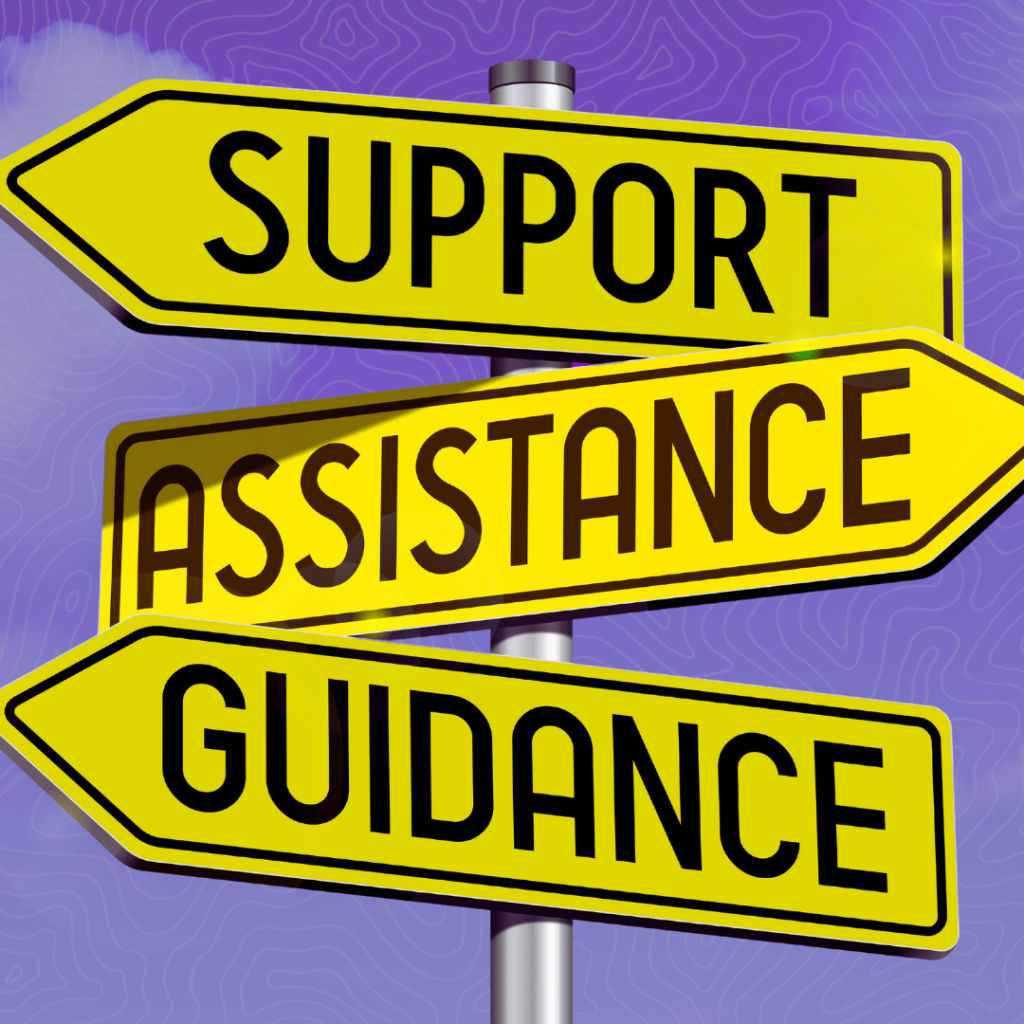THE IMPACT OF MENTAL HEALTH ON YOUNG PEOPLE IN THE UK.
Navigating Challenges and Solutions
In the United Kingdom, the topic of mental health among children and adolescents has gained increasing levels of attention in recent years. From the effects of the COVID-19 pandemic to the role of social media, these factors have significantly influenced the mental well-being of young people. In addition, those working closely with children experiencing severe mental health challenges also face their own set of emotional and psychological hurdles. In this blog, I wanted to touch on some of the critical issues surrounding mental health for children in the UK today.
THE IMPACT OF MENTAL HEALTH ON YOUNG PEOPLE IN THE UK - we are only just starting to witness the damage that COVID-19 had on the UK's young population. Share on X
The Aftershock of COVID-19: Social Isolation and Mental Health
4 years on and the COVID-19 pandemic continues to have an impact on the lives of children across the UK. One of the most significant impacts has been the disruption of social interactions. Schools closed their doors, playdates were halted, and extracurricular activities ceased. For many children, this abrupt change in routine led to feelings of loneliness, anxiety, and even depression.
Social interaction is vital for a child's development, impacting their emotional and cognitive growth. The prolonged isolation that the lockdowns inflicted exacerbated existing mental health issues for some children and introduced new challenges for others. The closure of schools also meant limited access to the support systems that many vulnerable children rely on, such as teachers and school counsellors. The pandemic highlighted the limited resources available for mental health support in both educational and family settings. In some cases, we are only just starting to witness the damage that COVID-19 had on the UK's young population.
Social Media's Influence on Children's Mental Health
The impact of social media on children was explored in more depth in our previous blog.
While social media platforms offer opportunities for connection and self-expression, they also introduce unique challenges, especially for young and impressionable minds.

Platforms like Instagram, TikTok, and Snapchat present distorted versions of reality, often presenting idealized lifestyles and unattainable beauty standards. For children and teenagers, this can lead to feelings of inadequacy and low self-esteem. Cyberbullying is another serious issue, with many children experiencing harassment or exclusion online, often in ways that extend beyond the playground.
The addictive nature of social media can also impact sleep patterns and overall well-being. Excessive screen time has been linked to increased anxiety and depression in children. The need for education surrounding internet safety has become crucial.

Wellbeing of Family, Care Givers and Professionals
Supporting children with any mental health diagnosis can be emotionally demanding and deeply impactful on those closest to them. Parents of children with low mental health often experience heightened levels of stress, anxiety, and emotional strain. Witnessing their child struggle with symptoms such as depression, anxiety, or behavioural issues can evoke feelings of helplessness, guilt, and worry. The uncertainty of navigating professional help and the fear of stigma can enhance these emotions, impacting the mental well-being of both parents and siblings.
Professionals supporting these young people (such as teachers) can often witness the intense suffering and trauma in their students. Over time, this exposure can lead to burnout, compassion fatigue, and secondary traumatic stress.
The work can be emotionally draining, requiring a high level of empathy and resilience. Professionals may struggle with feelings of helplessness or guilt when they do not see improvement in their young person’s well-being. The need for adequate support systems, supervision, and self-care strategies are essential to prevent the decline of the mental well-being of those working to support vulnerable children.
Navigating Towards Resilience – What Can We Do?
Digital Well-being: Educating children and parents about healthy social media use and digital boundaries.
Self-care for Parents and Professionals: Prioritizing the mental health and well-being of those working with vulnerable children through effective support systems and ongoing training for professionals. Engage in activities that promote relaxation and emotional well-being, such as meditation, exercise, or hobbies.
Open Communication: Foster open and honest communication with the child about their mental health challenges. Encourage them to express their feelings and concerns without judgment. This creates a safe space for children to seek support and reduces feelings of isolation.
Seek Professional Help: Consult your GP for advice on the right approach to managing the child’s symptoms and triggers. Therapy and counselling can provide children and parents with tools to manage symptoms and build resilience.
Understanding: Educate yourself about the young person’s mental health diagnosis. Understanding the symptoms and triggers can help manage the well-being of that child to ensure they feel supported and understood.
Build a Support Network: Connect with other parents, caregivers and professionals who are navigating similar challenges. Support groups and online forums can provide empathy, shared experiences, and practical advice.
Focus on Strengths: Recognize and celebrate the young person’s strengths and positive attributes. Encourage them to engage in activities that boost self-esteem and promote a sense of accomplishment.
Encourage Coping Skills: Teach children healthy coping mechanisms to manage stress and regulate emotions. This may include deep breathing exercises, journaling, or engaging in creative activities.
Normalize Asking for Help: Normalize the idea of seeking help for mental health concerns. Encourage children to reach out to trusted adults or mental health professionals when they need support.

Don't forget, asking for help isn't a weakness. Many parents, caregivers, young people, and teachers are facing similar challenges on a daily basis. You are not alone. There are several reputable websites in the UK that provide valuable resources and support for child and parent mental health.
Here are some trusted helplines and websites for additional support:
Call Samaritans on 116 123 who are always at the end of the phone if you need someone to listen without judgment.
If you prefer not to talk on the phone but still require support: Text SHOUT to 85258

About the author
Alice is one of our Education Coordinators here at Fresh start and has worked in the mental health sector supporting individuals diagnosed with a spectrum of conditions, such as depression, psychosis, schizophrenia, and various personality disorders.
Alice's key skills are providing emotional support, as well as helping others build resilience and using coping techniques. She works on the front line directly coordinating with our Education Specialists to help support the young people in our care.